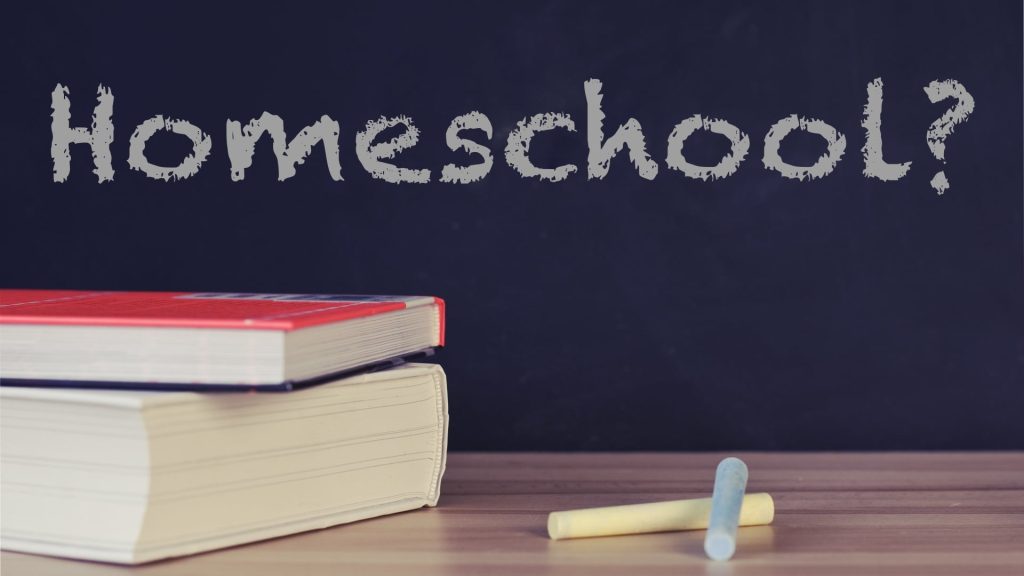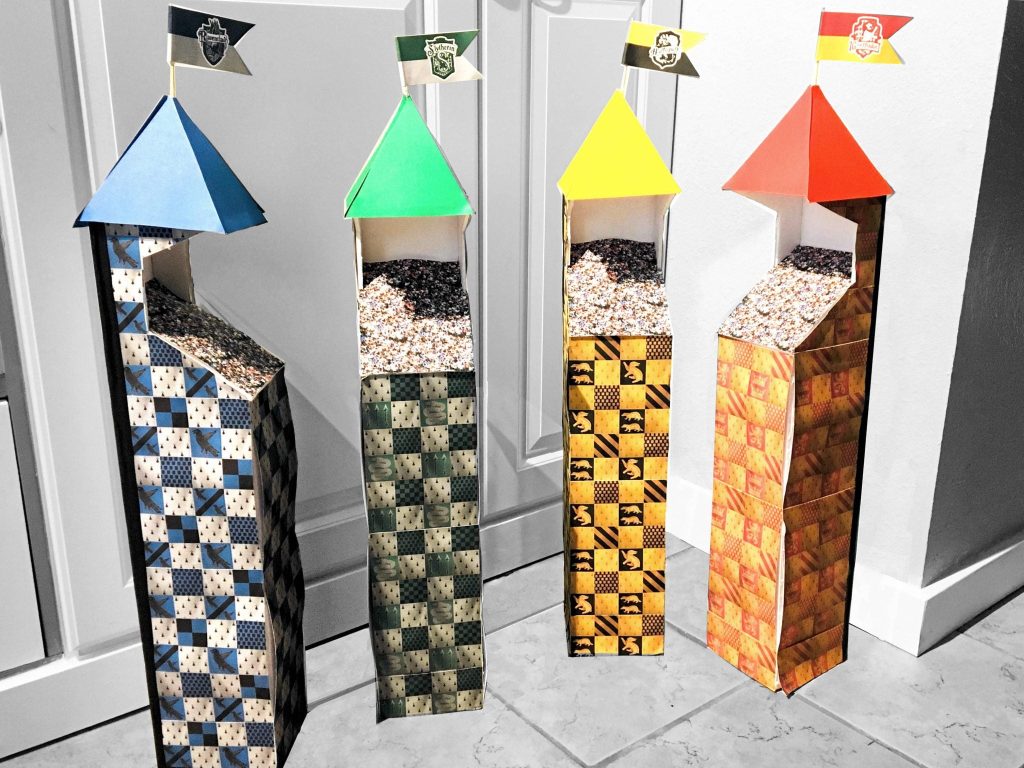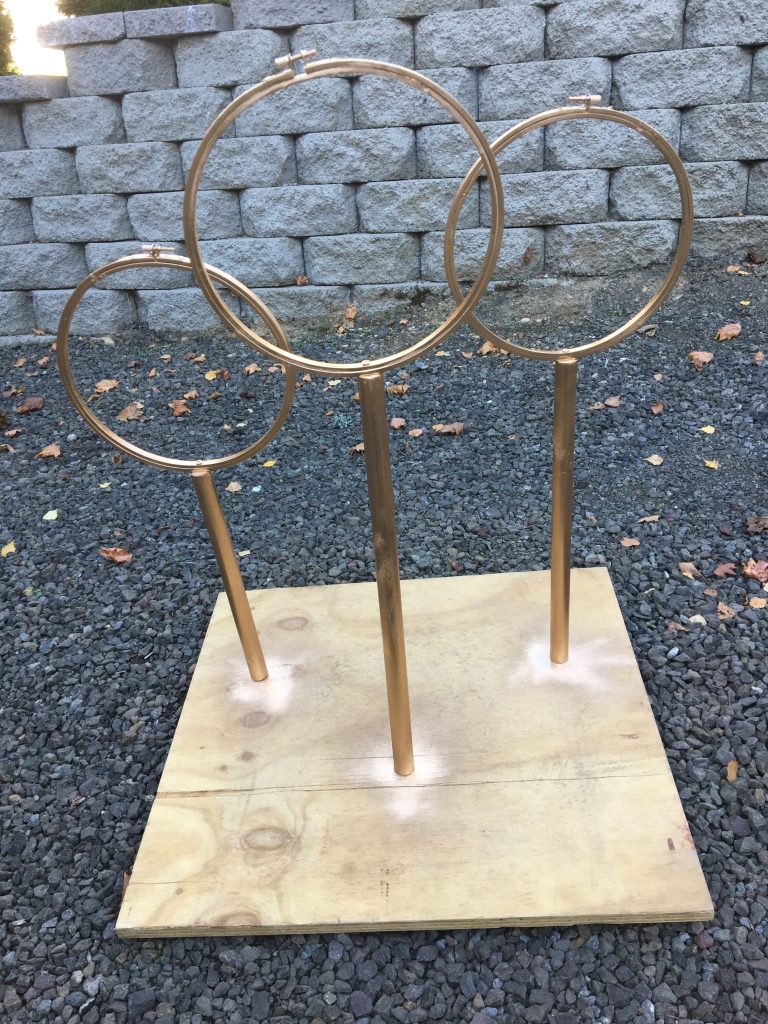Last year, the Navy moved our family to Hawaii. This was our first move in five years, so our kids really didn’t remember all the moving we’ve done before. We moved just before COVID, isolation, quarantine, social distancing, and wearing masks became the new normal. In Hawaii, kids are assigned to temporary schools based on which hotel you’re staying in when you arrive. My husband and I tried to plan our move in such a way to prevent the least amount of school changes for our three daughters, never did we consider choosing a christian homeschool curriculum. Our plan was to stay in a specific hotel and move into a house that would keep the girls in the same school. Our plan didn’t work out.
Within one month our girls left their school in Washington, spent three weeks at a temporary elementary school, and switched schools again when we finally got a house. After about six weeks, the girls left school on a Friday for Spring Break, never to return for the remainder of the year. The COVID pandemic struck the world and the schools were shut down. So, like everyone else we switched to homeschool – distance learning – crisis school. All in all, I think it went pretty well, considering how many things changed and kept changing. In retrospect, we realized that God was helping us take baby steps. Teaching the kids, my oldest especially, that we can make changes, and it’ll be okay, with His help. And on many of our social distancing walks around the neighborhood in the weeks that followed, we discussed this a lot.
What Does the Next Year Hold?
Now, the new school year is approaching and things still feel so uncertain. Like so many friends and family and really everyone around the country, we’ve been wondering what the next school year holds. Will the kids be in class? Will it be distance learning all year? Or some hybrid of the two? Do the kids have to wear masks all day? Or be in an isolated bubble? Are the kids even going to be able to interact with the other students? There are so many questions and not many answers. It’s all so new to everyone and the school districts are trying to figure out what to do to keep everyone safe. Honestly, I think the plans will keep changing and adapting throughout the school year.
Considering Our Options For a Christian Homeschool Curriculum

While we were waiting for the schools to make their plans, I also started researching homeschool options. That way we’d have all the information, when it came time to make a decision. Ok, not all the information, but hopefully enough to make the best decision for our family. If you google homeschool curriculums, there are an overwhelming number of options. I started narrowing our options by only considering Christian curriculums. I also talked with some of my mom friends who already homeschool and looked through pages of options. After researching five options more in-depth, I also found this article, The 10 Best Christian Homeschool Curriculum Programs, which helped me out. So, these are the five curriculums we considered.
Abeka

Abeka was recommended to me by a friend as a very rigorous christian homeschool curriculum, perfect for high achieving kids from Pre-K through 12th grade. On abeka.com, you’ll see they have a variety of homeschool options from completely parent led, to video homeschool or a mix-and-match to suit your needs. They also offer a teacher led online academy. You can buy single subject kits or complete grade kits with all the school material your student will need. Separately, you can purchase parent kits with the materials you’ll need to teach your kids if you decide to go the parent-led route.
Sonlight

Sonlight is a literature based curriculum, instead of textbooks. At sonlight.com you’ll see everything is completely planned out for you with schedules, lesson plans, and materials. When purchasing your curriculum, you can decide if you want to homeschool 4-days a week or 5-days a week. You can purchase complete grade kits or customize your subjects. Sonlight is a fully planned, parent-directed approach for grades Pre-K to 12.
Classical Conversations


I have multiple friends around the country who use Classical Conversations (CC) christian homeschool curriculum, so I was really interested in finding out more about it. Classical conversations is a curriculum based on classic learning tools and community for ages 4-17. At classicalconversations.com, you’ll see that the curriculum is based on memorizing facts in various subjects and building on the facts year by year. The classical education has three phases: grammar, dialectic, and rhetoric, and there are local CC communities that meet weekly.
Switched on Schoolhouse

Switched on Schoolhouse is a digital, computer based curriculum for grades 3-12. All of the curriculum is delivered on a USB flash drive that requires a Windows operating system. On the curriculum overview, you’ll see that this curriculum offers automatic grading and daily progress reports because it is digital.
Lifepac

Lifepac is a student-led workbook curriculum for grades K-12. As the curriculum overview shows, Lifepac is based of the principle of mastery. Students progress through the workbooks at their own pace. This allows them the flexibility to spend more time where they need to and move quickly through areas they already understand.
Decisions Decisions, Which Christian Homeschool Curriculum Should I Chose
School is Hawaii starts in August, and just last week they released their plans for the coming year. Although, after much prayer, and conversations with my husband and kids, we had already decided to homeschool. This is a decision we all feel at peace about, and the girls and I are quite excited for our new homeschooling adventure. All the curriculums above are very comprehensive and could work great for your family. So which one did we choose?
After discussions with my friends, I realized Classical Conversations is not for us. My girls are going into 2nd, 4th, and 6th grades, so the biggest deterrent for us was the memorization. The older girls especially would start out missing 4-6 years of building blocks, so it’s not the best time in their lives to jump into this new curriculum.
After all the online distance learning, I decided I did not want school to be online with my kids staring at screens all day. I also think it will be easier to supplement with fun online materials if I need to instead of the other way around. One of the best things about homeschooling is the flexibility to do school when and where we want. I don’t want to have to be tied to a computer or the internet for school. So, Switched on Schoolhouse is off the list as well as video homeschool with Abeka.
Next, I realized I want the learning style to be similar to what the girls were doing in school to make the transition easier. Which means Sonlight is out.
In the end, we chose to go with Lifepac for our homeschool curriculum, and here’s why:
- It is completely offline
- It is simple (I think) with only 5 subject workbooks per kid at a time
- The kids can progress at their own pace
- The learning style is similar to what they’re used to
- The subject kits come with everything the parent needs to teach
- We watched the video below
Lifepac Christian Homeschool Curriculum Review Video That Help Me Decide
This video really helped us make our decision on homeschool curriculum. It is so nice to see what’s inside the books. If you’re checking out curriculums, look for similar videos to give you a peak inside the lessons and materials.
Lifepac Resources
After deciding to go with Lifepac for our curriculum, the first thing I did was have the kids take the free placement tests. (You do have to create an account to do this). The placement tests were so helpful for me to understand exactly where the kids are at, and talk to them about what they’ve already learned in school. I split up my oldest’s curriculum with some 6th grade subjects and some 7th grade. All the girls are very motivated learners. If they move quickly through their workbooks, I can just buy the next level.
After finishing the placement tests, it was time to buy the curriculum. Alpha Omega Publications also offers science kits with everything you need to complete the science experiments in the science course for the whole year. I love one-stop shopping, so I was so excited to add these to the cart too. However, upon checkout, I found out that they won’t ship the science kits to Hawaii. Bummer!! This didn’t really surprise me because we do have issues getting things shipped here. As a side note, the website says the curriculum ships free in the continental United States, but they shipped to Hawaii for free too.
How We Got Our Science Experiments Kits
Now, what to do about science supplies? I started searching Amazon for the supplies listed in the kits. This was not ideal because Amazon offers way larger quantities than we need for one science experiment. After exploring online I also searched for supplies at local stores. Eventually I found Home Science Tools. I can order the exact Lifepac science kits I need, and they ship to Hawaii.
The prices at homesciencetools.com are less expensive than the publishers website, and I was able to customize the science kits. So, instead of buying three magnifying glasses (because each kit had one), I only bought one. There were a couple other items we won’t need double or triple of, so I took them out of the kits too. I also removed a couple household items we already own and only purchased exactly what we need for the year. In fact, all of our science tools shipped two-day air, so they’re already here.
Our Christian homeschool curriculum is on its way. We are almost ready for this homeschool adventure to start. I’ll come back and update you on our progress. You can always find my newest life post here.
UPDATE!! I’ve made a new post sharing how homeschool is going. Check it our here: LifePac Homeschool: Transitioning, Planning & Helpful Tips





